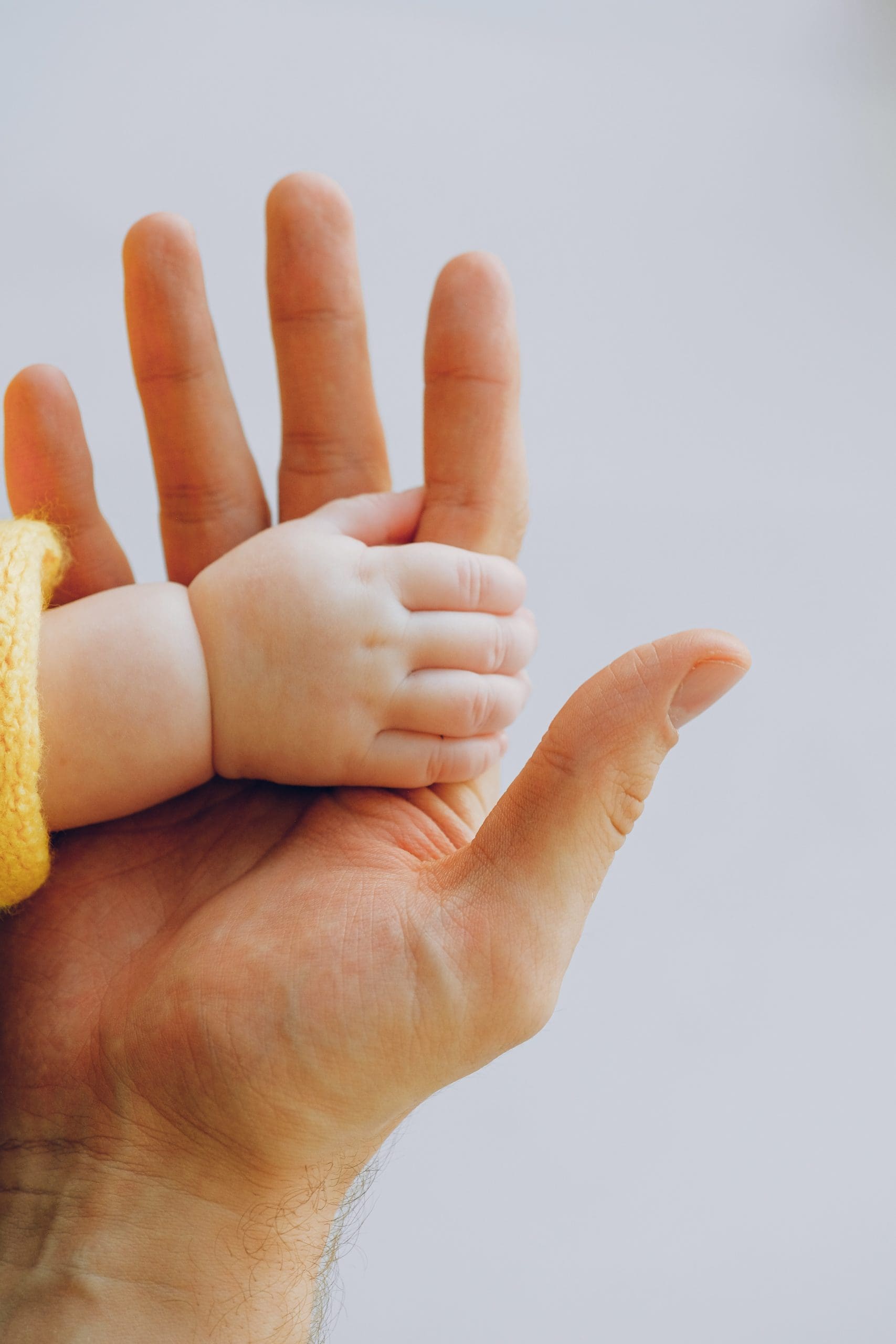As we venture into the winter months, many parents might see eczema flare ups in their babies due to the dry air and colder temperatures. Eczema can be challenging for many parents but, with a few key lifestyle changes, they can help make their little one more comfortable during the dryer season. We chatted with dermatologist Dr. Katie Beleznay to get her tips and tricks for managing baby eczema flare ups. —Noa Nichol
Hi Dr. Beleznay! Please tell us a bit about yourself to start.
I’m a board-certified dermatologist in both Canada and the United States. I was born and raised on Vancouver Island and currently practise cosmetic and medical dermatology in Vancouver. I completed my medical training and dermatology residency at the University of British Columbia and am a clinical instructor with the UBC Department of Dermatology. I’ve published more than 40 peer-reviewed articles and textbook chapters and speak and educate on a variety of topics in the field of dermatology.
What is eczema, how does it differ in babies/kids versus adults and what are some of the challenges facing parents (and babes) regarding this condition?
Eczema is the name given to a group of conditions that cause the skin to become itchy and inflamed. The most common form of eczema is atopic dermatitis and the terms are sometimes used interchangeably. Eczema (atopic dermatitis) is quite common. It is estimated to affect between 10 to 25 per cent of children (and about 10 per cent of the general population). Symptoms vary from person to person but the most common signs of eczema include: dry, sensitive skin; itching; inflamed, red or discoloured skin; rough, scaly patches; or small, raised bumps, which may leak fluid and crust over. You might observe all of these symptoms or just a few. It can be challenging for parents to determine if their child is simply exhibiting a patch of dry skin, an allergic reaction to something or what would be classified as eczema. The best way to find out if you or your child has eczema is to consult a doctor.
What are some of your top tips around lifestyle changes that parents can make to help make their little one more comfortable during the dryer season?
It is important to try to identify and avoid any triggers that may worsen the condition. Triggers could include certain clothes or fabrics that come in contact with the skin and saliva or sweat on the skin. One thing to consider is to use a humidifier to increase moisture content in the air and of course hydrating the skin with lots of moisturizer.
What about products? Your best recommendations for dealing, topically, with eczema in babies?
Gentle cleansing and moisturization are two key components that help maintain and restore the skin barrier, which is essential for healthy skin and can help prevent eczema flare ups. You can use a gentle soapless cleanser and then a moisturizer to help seal in the hydration. Consider applying the moisturizer to damp skin after bathing. It is a good idea to reduce potential irritants by choosing products that are free from fragrance. I also often recommend products that include colloidal oatmeal as an ingredient that has a good deal of data to support its benefits for those with eczema. I often recommend products that include colloidal oatmeal like the Aveeno Baby Eczema Care Collection. Colloidal oatmeal is an ingredient that has a good deal of data to support its benefits for those with eczema.
Anything else you’d like us to know about eczema, in people of all ages?
Many children outgrow infantile eczema but for some people it is a lifelong condition or something that emerges (or reemerges) later in life. Eczema is not something that can be cured but rather we focus on treating and managing the symptoms.

Be the first to comment